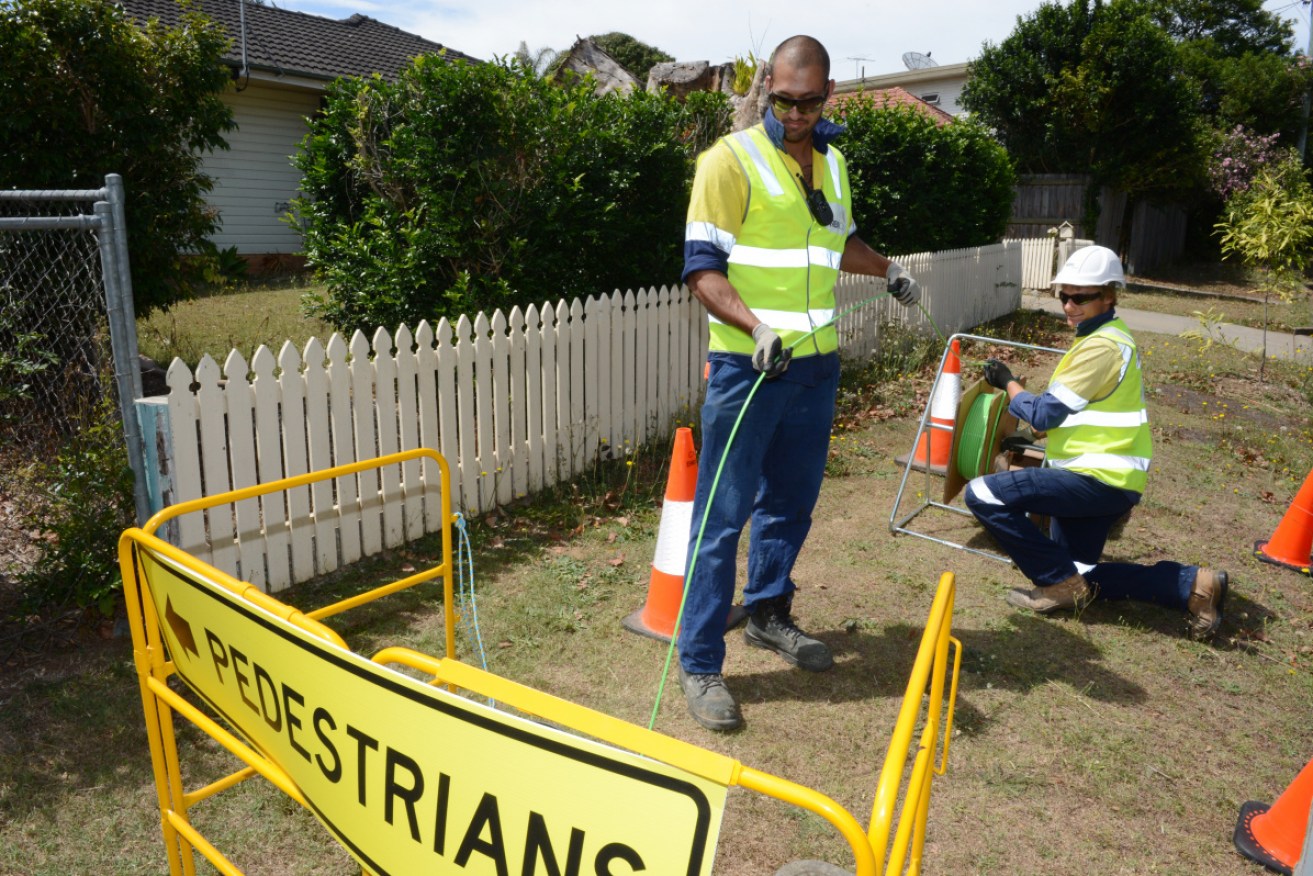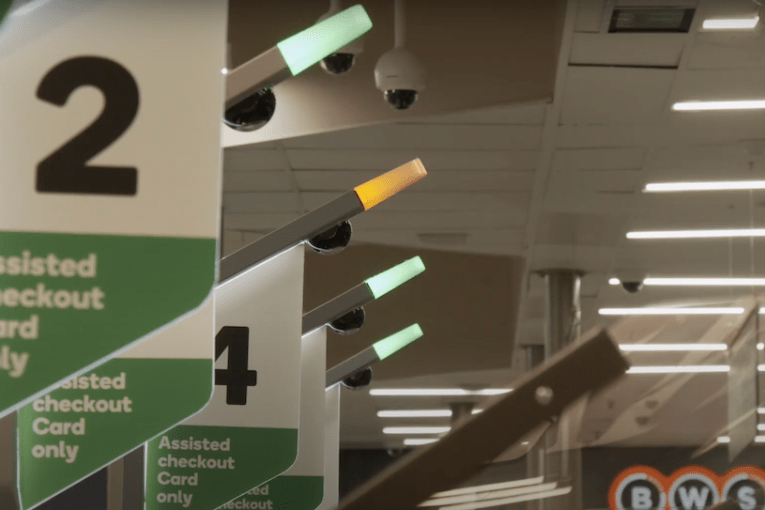Frustrated NBN customers pay more for slower speeds


After 10 years, the NBN roll out is due for completion next year costing $51 billion. Photo: AAP
Internet plans are costing more for slower speeds as Australia’s NBN rollout nears completion, the consumer watchdog has warned.
The controversy-plagued National Broadband Scheme is reaching its final milestone after 10 years, with completion expected by the end of next year costing $51 billion.
Three-quarters of Australian households can now connect to the network, including 92 per cent of regional homes.
However, the rollout has been marred by thousands of complaints to the Telecommunications Ombudsman and the ACCC is warning of affordability and speed issues for users.
ACCC chair Rod Sims told the CommsDay Summit in Sydney that entry-level NBN plans were now more expensive than the previous ADSL.
For example, customers could, and still can, get ADSL plans for $50 a month for 100GB or $60 Unlimited with ADSL but after switching to the NBN it can cost as much as $80 a month for an entry-level plan.
Mr Sims said many customers making the switch were worse off, paying more for slower speeds.
“We are now observing prices of low-speed NBN plans offered to new customers that are at least $10 per month higher than what consumers paid for equivalent plans on the ADSL network,” he said.
“This brings us to the second problem, which is more fundamental.
“NBN pricing overall is no longer being set by reference to the prices that were available on ADSL networks. This was always a key requirement if the NBN was to promote competition and encourage efficient use and investment in broadband markets.
“Let’s not forget the very purpose of building the NBN was to make broadband faster, and more accessible and affordable for all.
“We were never meant to get to a situation where some consumers, in switching to the NBN, will be left worse off by paying more, or getting less.”
Mr Sims made specific mention of Optus increasing its asking price for new customers on an entry-level NBN plan to $80 per month — a $20 increase.
“Extraordinarily, this was $10 more expensive per month than its 50 megabit plan,” he said.
Labor leader Bill Shorten said an ALP federal government would help more older Australians and low-income households connect to the National Broadband Network and improve internet speed and reliability for homes who have fibre to the node technology.
“Labor will direct NBN Co to fix in-home cabling problems that degrade service quality for households on the copper NBN at no cost to those affected,” he said in a statement on Tuesday.
“This will reduce dropouts and improve speeds for broadband services in up to 750,000 fibre to the node households.”
Meanwhile Optus wants a bigger say in how the NBN is rolled out, arguing some homes should be connected via its own 5G network.
Optus chief executive Allen Lew also wants telco workers to be able to install and maintain the network which is now available to 75 per cent of Australian homes and businesses.
“The NBN certainly could well be a time bomb but, as an industry, we have the power to work collaboratively with NBN Co to put out the fuse before the inevitable happens,” Mr Lew told an industry conference in Sydney on Monday.








